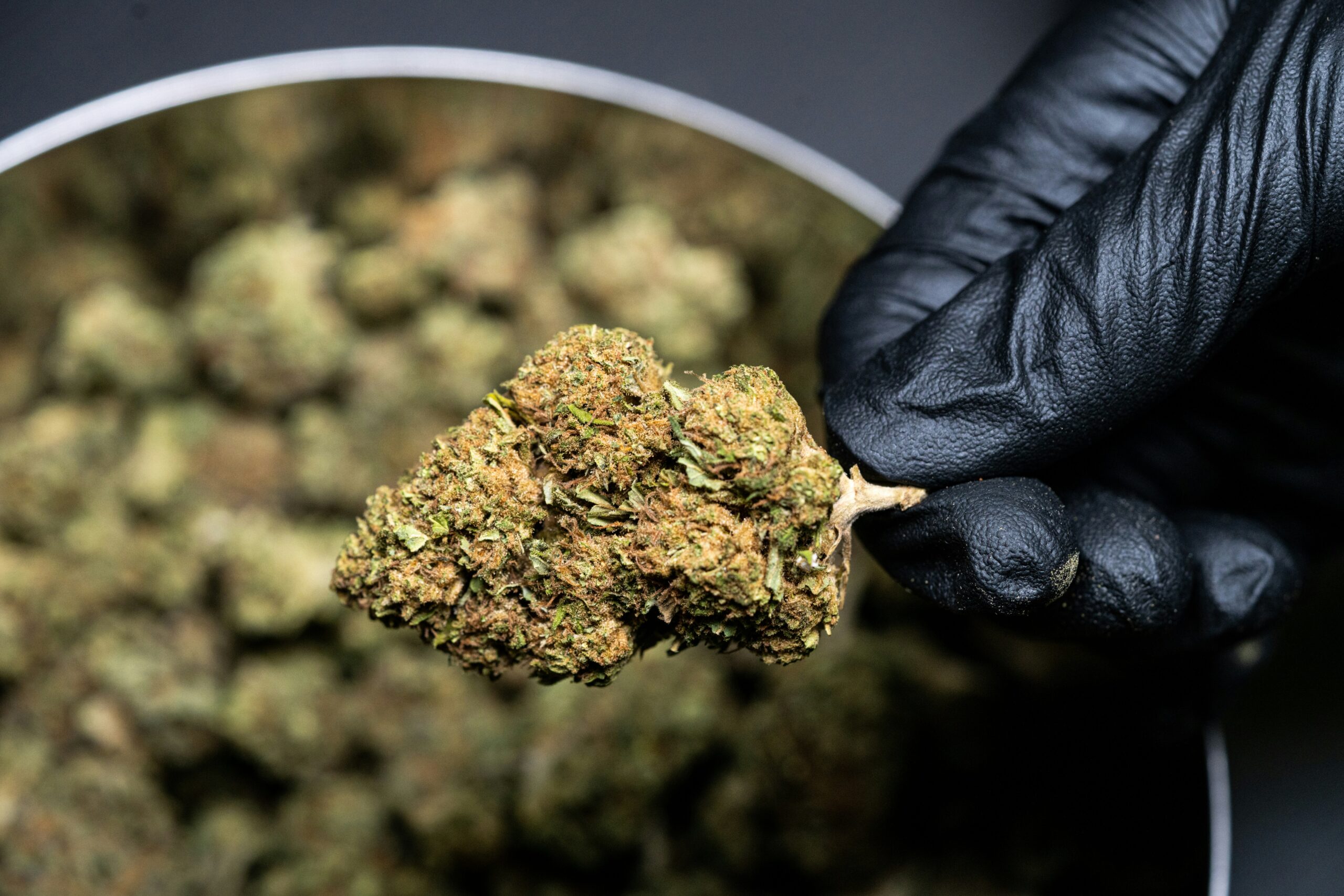Acknowledging THCA Flowers
THCA is a non-intoxicating cannabinoid discovered in raw cannabis plants. Unlike its even more popular counterpart, THC (tetrahydrocannabinol), THCA does not create psychedelic impacts when consumed in its raw kind. Instead, it provides a collection of possible healing benefits without the “high” commonly about marijuana use.
THCA flowers describe the unprocessed buds of the marijuana plant, which include high levels of tetrahydrocannabinolic acid. These thca flowers are generally gathered and consumed in their raw state or processed into different products like casts, oils, or edibles.
The Science Behind THCA
Research into THCA is still starting; however, preliminary studies suggest that it may have numerous corrective or industrial properties. THCA involves the human body’s endocannabinoid system (ECS), which plays a vital duty in controlling various physiological features such as state of mind, appetite, discomfort, and immune responses.
The Surge of THCA Flowers
The introduction of THCA flowers can be attributed to various facets, consisting of transforming perspectives toward cannabis intake and enhancements in farming techniques. As legalization campaigns continue to acquire momentum worldwide, customers are gradually searching for selections of typical high-THC cannabis things. THCA flowers are a remedy for those aiming to uncover the therapeutic possibility of marijuana without experiencing the psychoactive results typically in touch with THC.
Furthermore, advancements in reproducing and farming technologies have allowed farmers to generate cannabis anxiety with particular cannabinoid accounts, including high levels of THCA. By distinctively replicating plants with increased THCA material and little THC, farmers can accommodate the broadening demand for non-intoxicating marijuana items.
The Future of THCA Research
As the rate of interest in cannabinoids continues to increase, so does the need for even more studies into their potential healing advantages. While preliminary studies on THCA are appealing, far more substantial specialist tests are needed to comprehend its systems of activity and effectiveness in handling countless health problems.
In addition, exploring the collaborating results of THCA with numerous other cannabinoids and terpenes, described as the entourage influence, could open new opportunities for personalized medicine and natural health strategies.
Customer Recognizing and Required
As customers become progressively attentive to the environmental and moral ramifications of their purchasing decisions, there’s an expanding demand for sustainably generated marijuana products like THCA flowers. Ethical consumers look for makers’ visibility, including information pertaining to farming practices, environmental qualifications, and sensible labor methods.
Making Use Of THCA Flowers
There are several methods to incorporate THCA flowers right into one’s health routine:
Raw Use: Some individuals choose to eat raw cannabis flowers by juicing or mixing them into healthy and balanced smoothie mixes. This method safeguards the THCA web content without triggering it via cozy, maximizing its possible recovery results.
THCA Tinctures: THCA flowers can be processed into tinctures by saturating them in alcohol or glycerin. Actors provide a functional means to consume THCA, permitting exact application and easy monitoring.
Topical Applications: THCA-infused creams, balms, and salves can be used straight on the skin to target localized discomfort, swelling, or skin disease.
Edibles: THCA flowers can be included in dishes to develop instilled edibles like gummies, tasty chocolates, or baked products. When cooking with THCA, it is essential to avoid warmth that may decarboxylate the substance into THC, modifying its effect.
Presenting Lasting Practices in THCA Expanding
Organic Farming: Several makers of THCA flowers focus on natural growing approaches. By shunning fabricated pesticides and plant foods, they lessen dust and water contamination while maintaining biodiversity. Organic farming strategies promote dirt wellness and health, generating a lot more long-lasting and resistant plants.
Water Preservation: Water lacks are a pushing trouble in various areas, making reliable water usage a crucial consideration for lasting farming. THCA cultivators implement water-saving techniques such as drip watering, rain harvesting, and drought-resistant cultivars to lessen water use without jeopardizing plant health and wellness.
Power Performance: Indoor expanding centers normally consume substantial power for lights, home heating, and ventilation. THCA growers use energy-efficient contemporary innovations such as LED lights, wise atmosphere control systems, and renewable resources like solar energy to minimize this eco-friendly influence. These growths reduced carbon exhausts and reduced general expenses for growers.
Regenerative Farming: Some forward-thinking THCA growers accept regenerative farming principles, seeing their operations as part of a much more comprehensive ecological community. They focus on dust health with approaches such as cover cropping, plant turning, and composting, aiming to improve biodiversity and sequester carbon in the soil. By imitating natural processes, regenerative farming cultivates resilient sustainability and strength.
Integrated Parasite Administration (IPM): THCA growers execute IPM approaches to manage bloodsuckers and conditions rather than relying on chemical pesticides. This strategy integrates safety nets, natural controls, and social techniques to minimize pest damage while protecting environmental stability. By promoting natural killers and enhancing plant toughness, IPM lowers the requirement for synthetic treatments, protecting both the setting and customer health and wellness.
The Environmental Advantages of THCA Flowers
By welcoming long-lasting expanding practices, THCA suppliers add to different environmental advantages:
Lowered Carbon Footprint: Sustainable farming techniques minimize carbon emissions associated with energy usage and chemical inputs, helping battle climate change.
Conservation of Water Resources: Water-efficient strategies save invaluable water resources, specifically in areas vulnerable to dry spells or water stress and anxiety.
Protection of Biodiversity: Organic and regenerative farming assists varied ecosystems, growing pollinator environments and maintaining native plant types.
Soil Wellness and Carbon Sequestration: By boosting dust fertility and framework, lasting farming approaches advertise carbon sequestration and minimize dirt erosion, contributing to environmental longevity.
Conclusion
THCA flowers are a fascinating approach to making use of the healing power of cannabinoids. From their anti-inflammatory and neuroprotective buildings to their potential as antiemetics and anti-oxidants, THCA provides a series of prospective wellness benefits without the envigorating results usually associated with cannabis.
As research into THCA continues to develop, so will our understanding of its role in promoting wellness. Whether consumed raw, processed into casts, or incorporated into topical products and edibles, THCA flowers hold promise as a natural solution for numerous problems, contributing to the ever-expanding landscape of alternative medicine.
